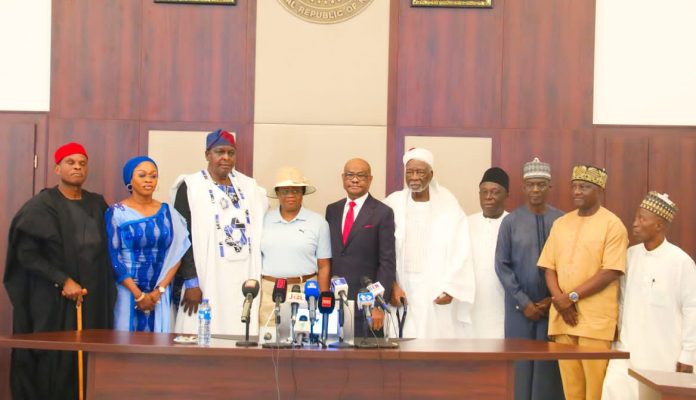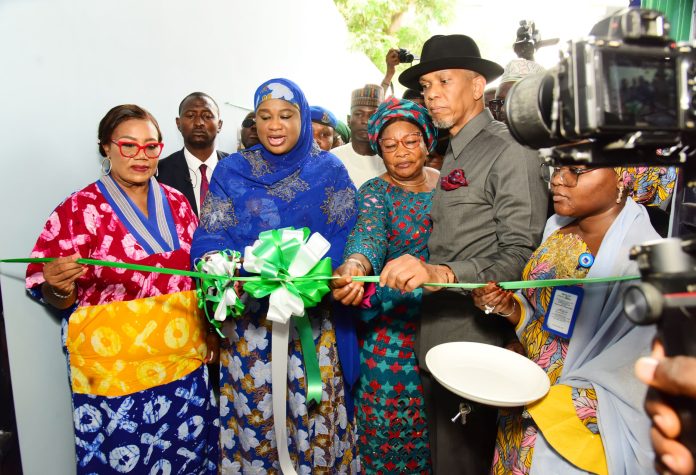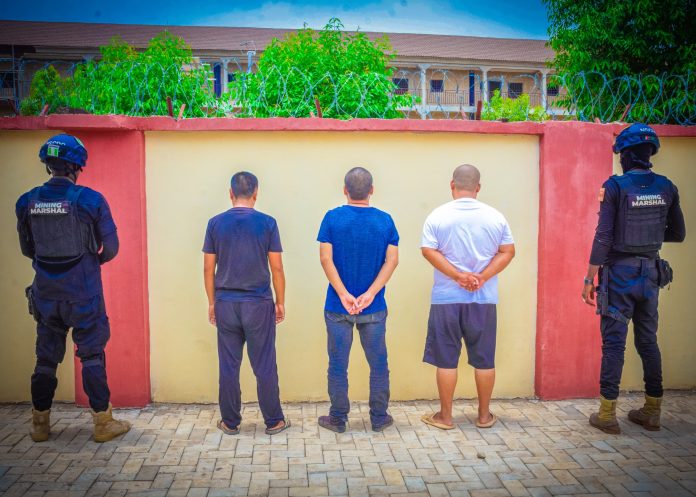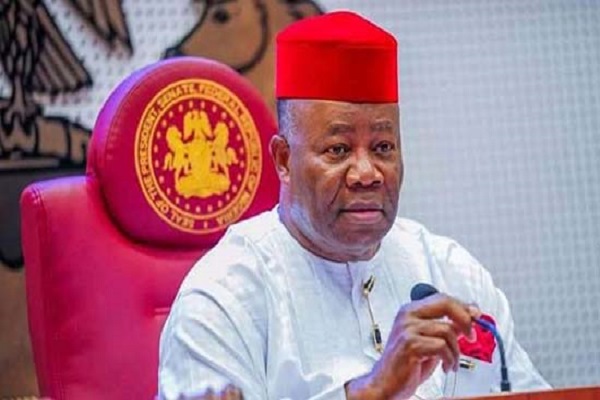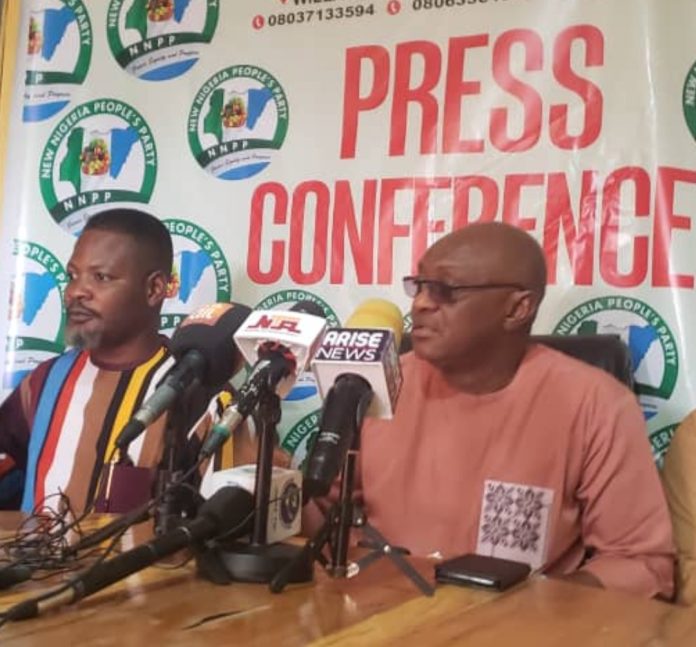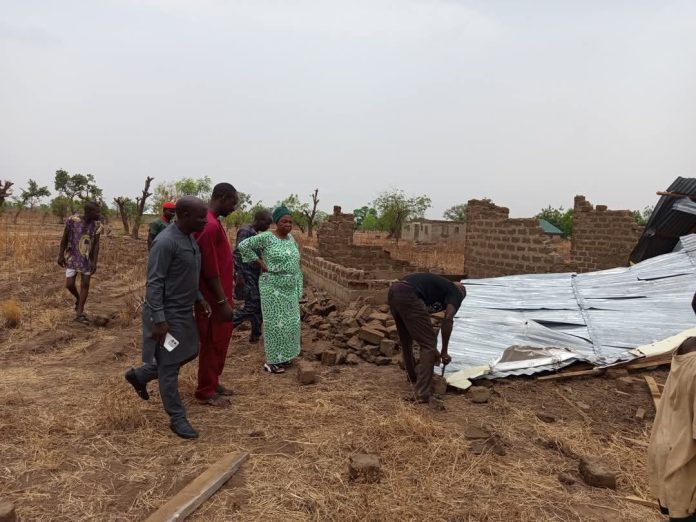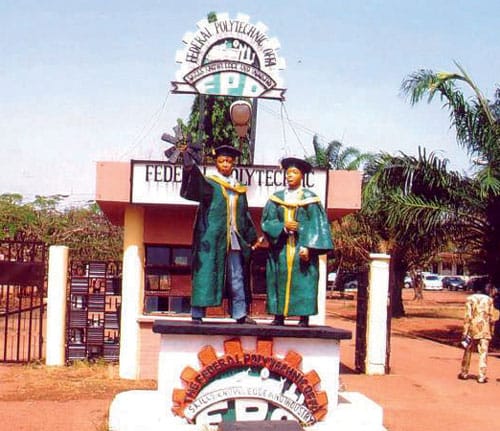The Federal Government has restated its commitment to developing Nigeria’s mining sector through the establishment of more gemstone and jewellery training centres across the country, as part of efforts to promote entrepreneurship and value addition in solid minerals.
Minister of Solid Minerals Development, Dr. Dele Alake, gave the assurance during a tour of the Laurel School of Mining in Abuja. He commended the centre for its impressive work in grooming skilled gemstone and jewellery artisans and producing high-quality, finished products that rival global standards.
“From raw materials like gold and sapphire, we are now witnessing refined, finished jewellery pieces being produced locally. That is the essence of value addition. It shows we are moving beyond extraction to manufacturing, which is key to creating jobs, boosting industrialization, and increasing revenue generation,” Dr. Alake said.
The Minister disclosed that once the 2025 budget implementation begins, the Federal Government will replicate the model across the country to further deepen capacity development in the mining industry. He added that the sector holds immense potential not only for job creation and wealth generation but also as a major source of foreign exchange through exports.
On his part, the Managing Director and CEO of Laurel School of Mining, Mr. Tope Adebanjo, expressed appreciation to the Ministry for its support. He emphasized that the ongoing Batch 4 Advanced Master Class would not have been possible without government backing. Adebanjo also outlined plans to train more mining entrepreneurs and appealed for continued collaboration to ensure optimal use of the centre’s facilities.
In response, Dr. Alake directed Mr. Adebanjo to submit a detailed proposal to the Permanent Secretary, Dr. Mary Ogbe, for necessary action, reaffirming the Ministry’s readiness to support initiatives that align with national goals.
Laurel School of Mining is a specialized training institution focused on the exploration, processing, and value addition of gemstones and jewellery. Backed by the Ministry of Solid Minerals Development, it aims to foster a new generation of skilled professionals and entrepreneurs in Nigeria’s mining ecosystem.

